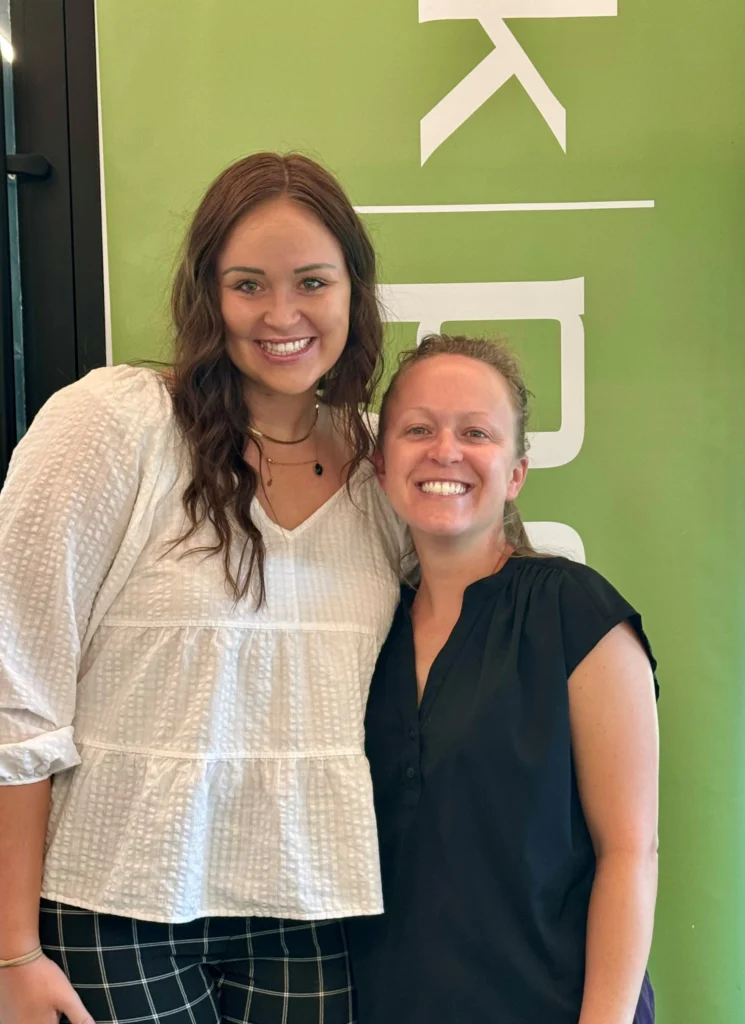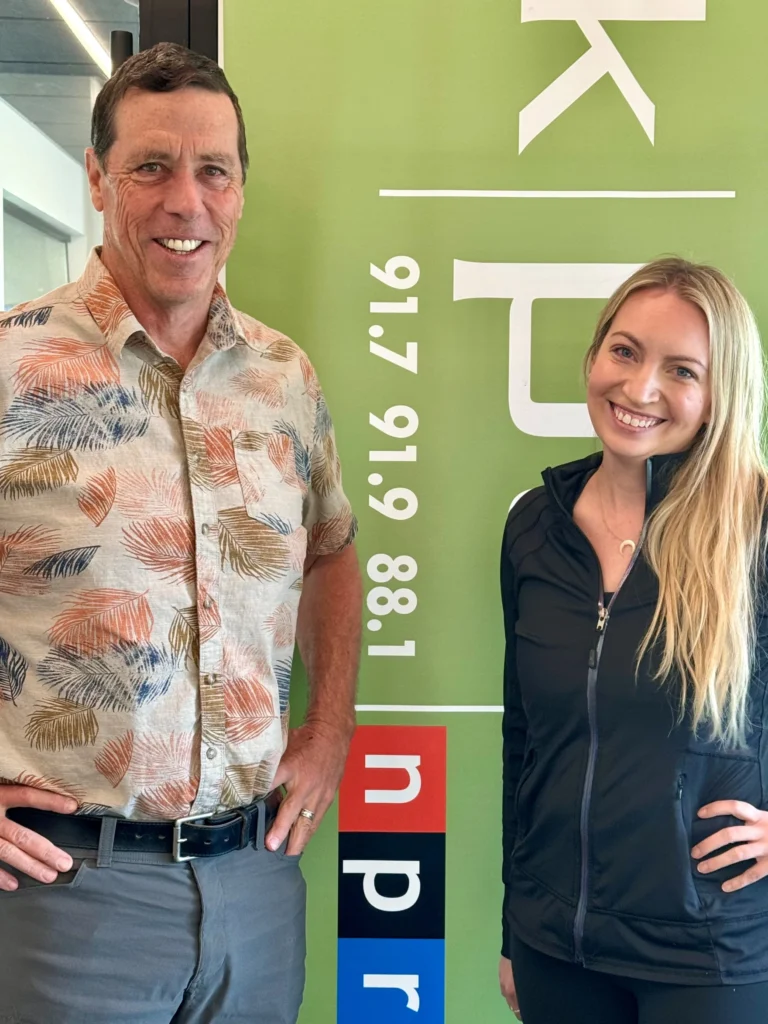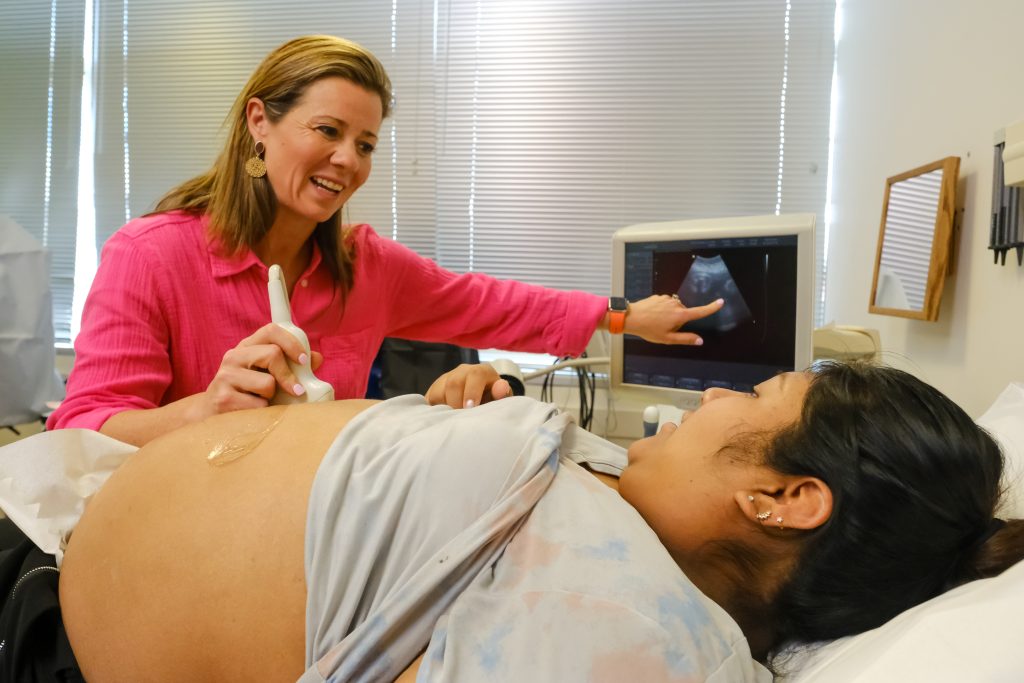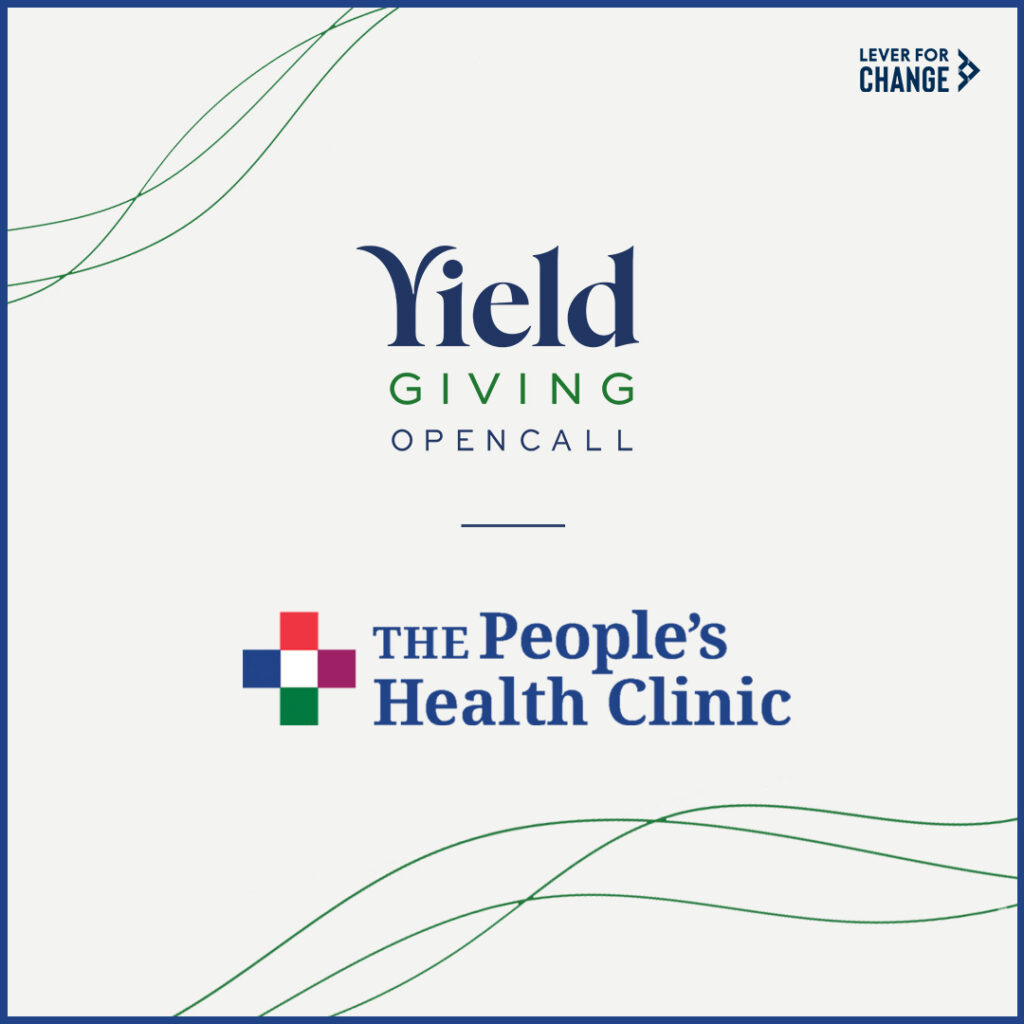Reported by Leslie Thatcher, KPCW

Members of the Park City Community Foundation’s Women’s Giving Fund voted to award $75,000 to the People’s Health Clinic.
The announcement was made on Wednesday, June 10, at the annual grant celebration at Park City Mountain’s Red Pine Lodge.
The more than 2,000 members of Women’s Giving Fund vote every year to decide which of three local organizations should receive the annual high-impact grant.
The fund started in 2014 when 1,000 women donated $1,000 each, raising an endowment of $1 million. This year’s $75,000 grant to the People’s Health Clinic was the largest ever awarded. People’s Health Clinic provides free health care to the uninsured in Summit and Wasatch counties.
When accepting the award, Women’s Health Director Dr. Tonja Bodnar stood next to the mom-to-be who was featured in the finalist video, members saw before casting their votes. They were also joined on stage with the patient’s newborn daughter Ataña.
“I have delivered 1000s of babies I’ve performed 1000s of surgeries,” Dr. Bodar said. “I don’t quiver. This is quiver-worthy. You are incredible. Thank you.”
People’s Health Clinic CEO Mairi Leining says the money will be used to elevate the women’s health program.
“Right now we’ve got Tonia Bodnar working at max capacity along with her other women’s health practitioners,” Leining said. “Where I feel like we can bring the program to another level is by adding a community health worker who can really do attentive, detailed follow-up with our patients. So, when Dr. Bodnar wraps up with the patient, the community health worker would then go in and make sure that individual has everything they need to succeed.”




